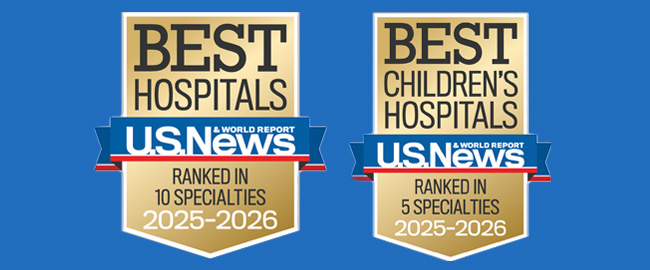Stroke Survivors Experience 76% Reduction in Risk of Death When Participating in Modified Cardiac Rehab in JFK Johnson Rehabilitation Institute Study
Research published in Journal of Stroke & Cerebrovascular Diseases to be replicated nationally

Survivors of stroke can potentially reduce their chances of dying within the year by 76% if they complete a modified cardiac rehabilitation program that includes medically supervised exercise, prescribed therapy, and physician follow-up, according to a recent pilot study published in the Journal of Stroke & Cerebrovascular Diseases, published by Elsevier.
Stroke survivors who participated in a comprehensive stroke recovery program incorporating modified cardiac rehabilitation had decreased all-cause mortality (76% reduction), improved overall function measured by AM-PAC, and improved cardiovascular performance (78% improvement). They also experienced a 22% reduction in all cause readmissions.
The study, performed within 45 days post-stroke, shows that participants in the JFK Johnson Stroke Recovery Program (SRP) also significantly improved exercise capacity, mobility, self-care and cognition.
For 1-year post-stroke, 246 SRP participants and 203 nonparticipants were compared. The SRP participants who participated in the Comprehensive Stroke Recovery Program with Cardiovascular Conditioning experienced a significantly reduced 1-year post-stroke mortality rate from hospital admission corresponding to a fourfold reduction in mortality (P = 0.005, CI for risk ratio = [0.08, 0.71]). They also showed statistically and clinically significant improvement of function in all Activity Measure of Post-Acute Care domains (P < 0.001 for all, 95% CI for differences in Basic Mobility [5.9, 10.1], Daily Activity [6.2, 11.8], and Applied Cognitive [3.0,6.8]) compared to the matched cohort.
Additionally, the group showed improvement in cardiovascular performance over 36 sessions with an increase of 78% metabolic equivalent of tasks times minutes (P < 0.001, 95% CI [70.6, 85.9%]) compared to baseline.
Among the patients who completed the program, four died within a year of their stroke. Among the non-participants, 14 patients died. This translates into a fourfold reduction in one-year all-cause mortality.
“After a stroke, sometimes family members are cautious. ‘Don’t get up, you might fall.’ Many caregivers of stroke survivors discourage stroke patients from being active and mobile,” said Sara J. Cuccurullo, M.D., Chairman and Medical Director of JFK Johnson and a Co-Principal Investigator of the study. “But we are showing that even survivors of serious stroke can exercise safely in a supervised program—and they can benefit enormously.”
The study is the latest research from the ongoing Stroke-HEARTTM Trials at Hackensack Meridian JFK Johnson Rehabilitation Institute. The researchers will next replicate the study nationally at other prominent rehabilitation centers to gather additional data that may provide incentive for the Centers for Medicare & Medicaid Services (CMS) to cover comprehensive stroke rehabilitation the same way cardiac rehabilitation is covered in people who have cardiac events; both stroke and cardiac events involve the vascular system.
“The JFK Johnson Stroke Recovery Program provides medically monitored interval cardiovascular training—as well as follow-up visits with a Physical Medicine and Rehabilitation physician along with psychological, nutritional, and educational support and risk factors (such as smoking, diet, and exercise) management. The research found that stroke patients, even those who may experience hemiplegia, can exercise safely with some modifications, such as the use of recumbent bicycles” said Talya Fleming, M.D., Medical Director of the Stroke Recovery Program and Co-Principal Investigator of the study.
Learn more about innovative rehabilitative care at JFK Johnson Rehabilitation Institute.
